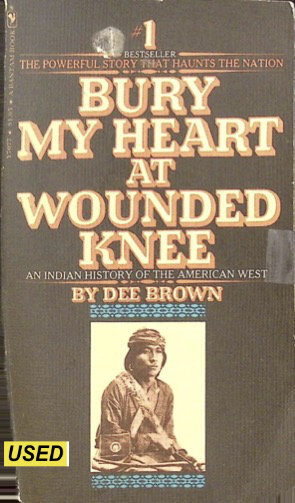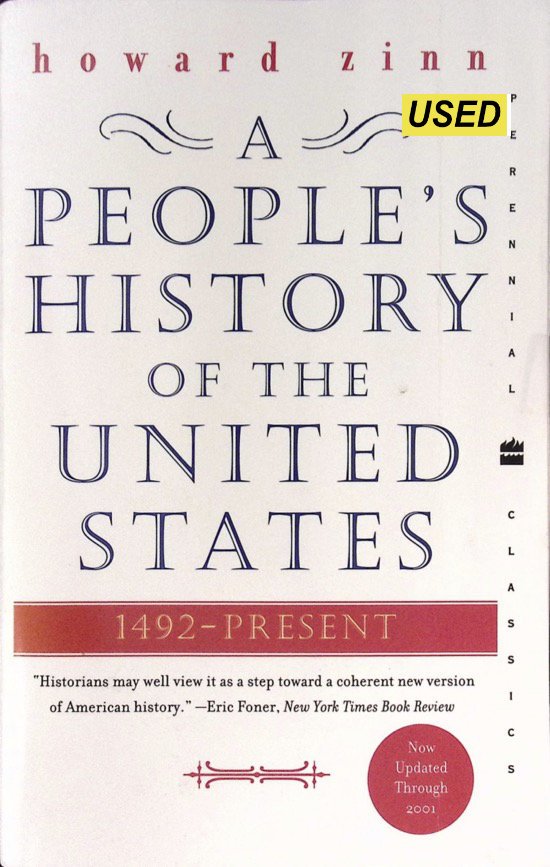Edited With An Introduction By De Lamar Jensen
FROM THE INTRODUCTION: “ In more than four hundred years of evaluation and reinterpretation, few names in European history have caused more disagreement and controversy than Machiavelli's. Nearly everyone who has written on modem European history, and particularly on the Renaissance, agrees that Machiavelli was one of the most important figures of the century, but rarely will they concur on the reason for his prominence. Why has this polemic continued so long without sign of abating or losing its vigor? Undoubtedly there can be many answers, and among them certainly is the fact that Machiavelli’s written words deal with subjects of lasting and vital interest to all ages. People of every generation must ask themselves the questions which Machiavelli aroused. What is the relationship between politics and morals? Does the end really justify the means? What is the nature and role of the state? How are liberty and order to be balanced and maintained? To the historian an infinite number of additional problems are suggested by the life and writings of this Renaissance Floren¬tine, from the question of his relationship to the humanist writers of his time to the methods and motives of his public and pri-vate life. For Machiavelli was not restricted to one career, and each of them — diplomat, secretary, statesman, military strategist, political philosopher, historian, man of letters — offers a rich and rewarding field for schol¬arly investigation…”
Boston. D. C. Heath. Problems In European Civilization. 1960. 131p.





















